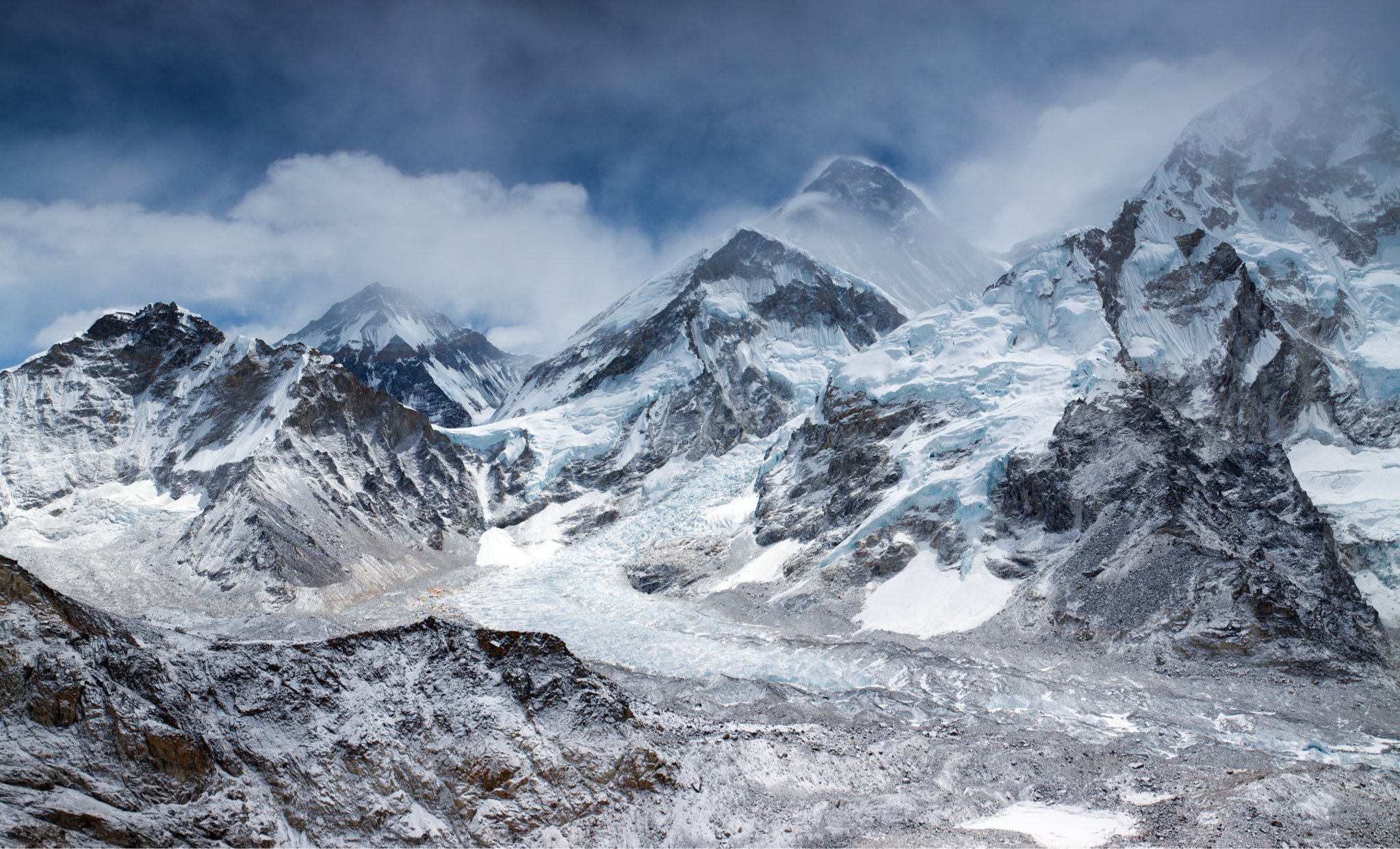
1. Final Destination
Islamabad. From there, hunters will have to be transferred to the hunting area which will either be by car or by domestic flight and will exclusively depend of the hunting species. It is highly recommended to take a domestic flight rather than travel by car, as the heavy snows could easily compromise the access though the roads and to schedule a few extra days as domestic flights usually experience delays and cancellations due to bad weather conditions.
2. Hunting Areas
Hunting áreas in Pakistan are distributed throughout the country and will vary depending of the species:
Kashmir Markhor: Northwestern territories, along Chitral Valley and the mountains of Hindu Kush
Suleiman Markhor: Balochistan province
Astor Markhor: Northern areas of Gilgit, Astor and Skardu
Blue Sheep: Northern areas of Gilgit, Astor and Skardu
Himalayan Ibex: Northern areas of Gilgit, Astor and Skardu
Sind Ibex: Sind province, within the areas of Jameshoro, Hathiano and Hilo.
Blanford Urial: Sind and Balochistan provinces, within the areas of Jameshoro, Hathiano and Hilo
Punjab Urial: Punjab province, within the areas of Kalrkahar and Kalabagh
Afghan Urial: Balochistan province
Wild boar: Punjab province, within the areas of Kalrkahar and Kalabagh
3. Accommodation
During the hunt, accommodation will vary depending of the hunting areas. Usually, in the northern territories, hunters will stay in small houses or huts situated in the villages around the hunting ground. These are normally quite precarious but provide a good and warm shelter to stay in, which is more than what is needed. In Punjab areas, accommodation will take place in a beautiful and luxury lodge with all sort of facilities. People are tremendously generous and will make sure you are always comfortable. Accommodation prior and post hunt is always arranged in 5 star hotels such as Marriot, Serena, Pearl Continental and Sheraton.
4. Hunting Season
Each species has its own hunting season:
Kashmir Markhor: From December 1st until March 31st
Suleiman Markhor: From December 1st until March 31st
Astor Markhor: From October 1st until April 30th
Blue Sheep: From October 1st until April 30th
Himalayan Ibex: From October 1st until April 30th
Sind Ibex: From December 1st until March 31st
Blanford Urial: From December 1st until March 31st
Punjab Urial: From December 1st until March 31st
Afghan Urial: From December 1st until March 31st
Wild boar: All year round
5. General Comment
Bordered by Afghanistan and Iran to the west, China to the north and India to the east, Pakistan is the Mecca for any mountain hunter. Here, where three of the mightiest mountain systems meet; Karakorams, Himalayas and Hindu Kush is home for some of the richest wildlife in the world as well as the greatest concentration of high peaks, featuring 5 of the 14 summits above 24,000 feet.
In order to distinguish the main hunting areas, Pakistan can be divided into four different regions. The rugged mountains of the northern territories, where Astor Markhor, Blue Sheep and Himalayan Ibex can be hunted; the Punjab province in the east of the country, mainly agricultural and home for Punjab Urial; the south and southwest regions, with its arid deserts and the best place to find Blanford Urial and Sind Ibex; and the western regions where the biggest concentration of Markhors are to be found.
With regards to the hunting logistics, upon arrival to Islamabad International Airport, hunters will be received by representatives of the outfitter and assisted through the rifle paperwork. No need to say that the outfitter we work with is not only a friendly and charming gentleman, but probably the most knowledgeable amongst the Pakistani hunting professionals and all the bureaucratic procedures will be sorted out very quickly. Due to the arrival time to Islamabad, hunters will most likely have to stay in the city and wait to be transferred to the hunting area on the next day if the weather conditions are favourable. Accommodation will be arranged in one of the 5-star hotels in the city. The duration of the hunt will vary depending on the type and number of species, however, it is recommended to plan for a few extra days in total, as weather could alter the initial plans.
Hunters are expected to be in very good physical condition, especially for the hunts taking place in the northern regions for Blue Sheep, Himalayan Ibex and Markhor where terrain is incredibly steep and altitude ranges from 9,800 – 14,700 feet high. Here, hunts are conducted 95% on foot. In other regions, 4x4 vehicles are used in order to access the hunting areas but once spotted, the animal will be stalked on foot.
6. Included
Airport assistance and rifle clearance upon arrival and departure in Islamabad
Transfer from/to airport
Transport during the hunt
Full board accommodation
Rifle import permits
Hunting licence
Hunting guides
Field trophy preparation
Trophy fees
7. Not Included
International and domestic flights;
Visa costs
Non-hunters
Taxidermy, dip & pack and trophy shipping
Veterinary certificate and CITES for export if required
Additional trophies
Accommodation before and after the hunt
Sightseeing tours
Tips
Personal costs









